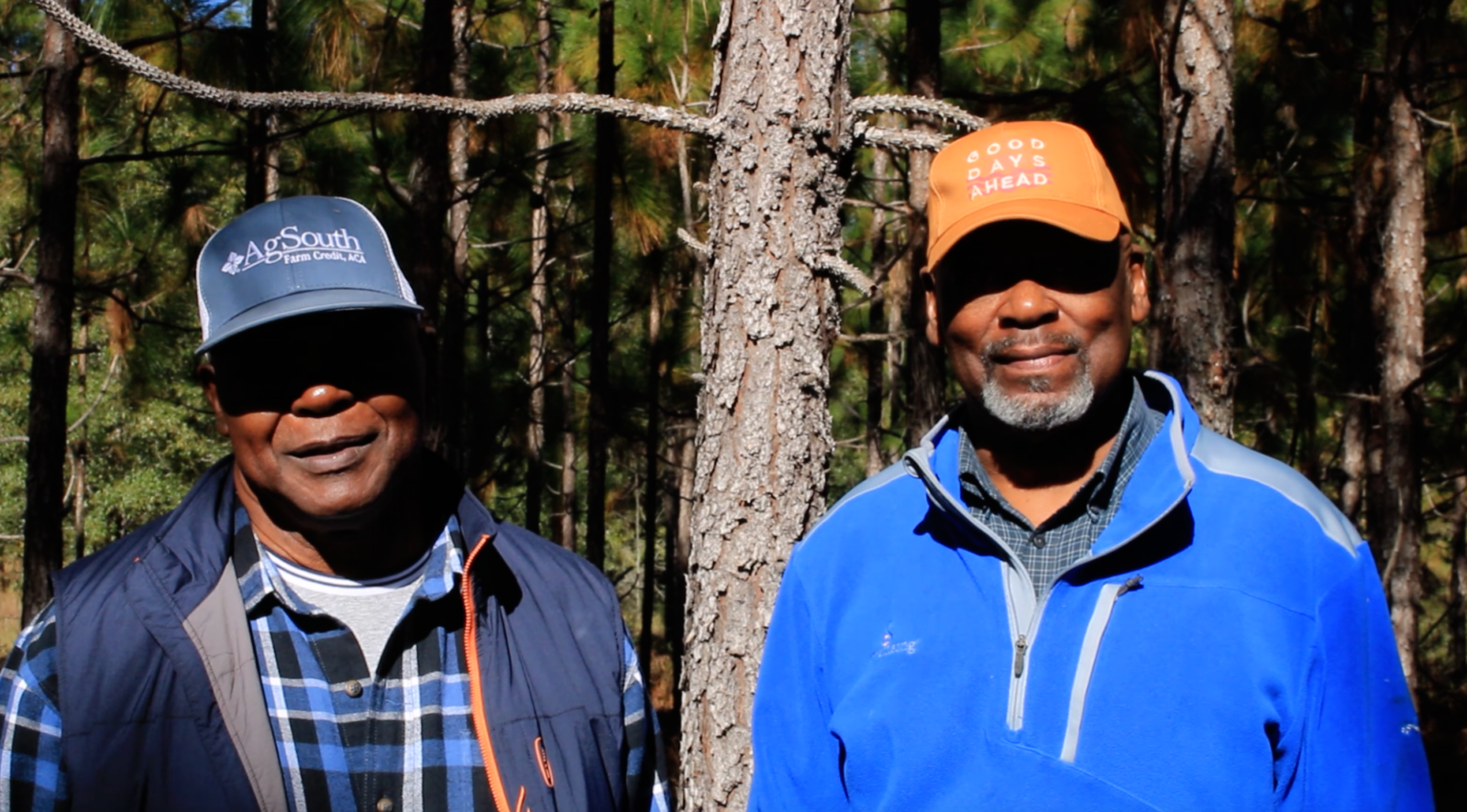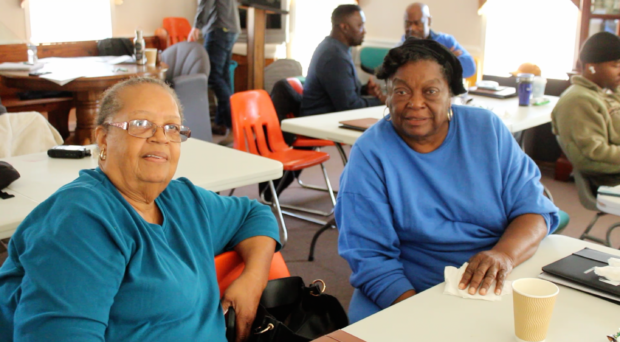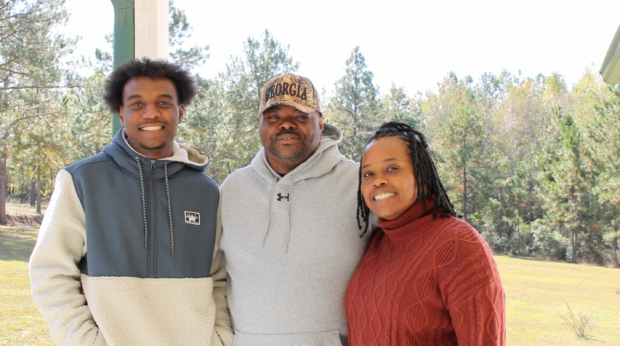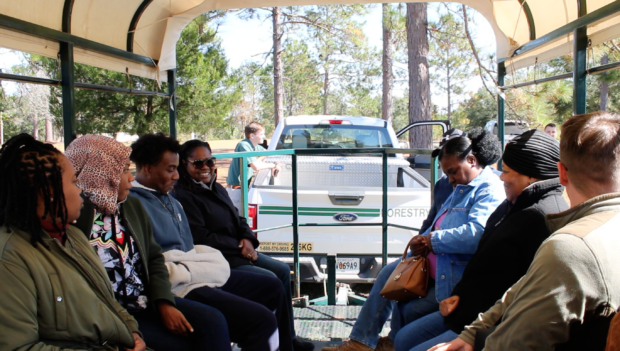We have much more to do and your continued support is needed now more than ever.
Shaping Tomorrow: Creating Opportunities to Secure Black Land Legacy
NWF Forestry Program Directly Addresses Black Land Loss in the Southeast

Private Lands in the Southeast
Owning land is considered one of the most valuable tools for wealth creation and a tool for the transfer of wealth from generation to generation. According to the U.S. Forest Service, private landowners hold 86 percent of the forest area in the South; with two-thirds of this area owned by families or individuals. Providing landowners with resources to keep their forests healthy, viable and in the family is a priority for many organizations and individuals working in forest conservation, including the National Wildlife Federation’s Southeast Forestry Program.
A History of Wealth Disparity
Black landowners have faced a disproportionate rate of land loss that spans many decades. To address Black land loss in the forestry realm, it is important to first acknowledge that the ratio of privately-held forested land by Black families compared to white landowners in the U.S. is extensive and staggering, which furthers the Black-white wealth gap that exists in our country.
African enslavement was abolished on December 6, 1865 after the Civil War ended in April of the same year. In January 1865, General William Sherman issued Field Order No. 15, calling for the redistribution of confiscated land in Southern states to freedmen in forty-acre plots. The order was rescinded in May 1865, and much of the land was returned to the original White landowners.
Current Setbacks
Despite this setback, Black landowners owned more than 16 million acres by 1910, the peak of Black landownership in the United States. For more than a century after the Civil War, deficient civil rights, and a combination of economic and social barriers were applied in order to limit opportunities for and access to land ownership. A contemporary impetus for land loss is due to heirs’ property, specifically in the Southeastern U.S. Heirs’ property can be defined as land passed down through generations without a clear title, due to lack of a will or formal estate planning. Heirs’ property significantly impacts Black landownership in the United States by creating several challenges:
- Loss of Land: Without clear ownership documented through a will or proper estate planning, heirs property is susceptible to being lost through adverse possession, tax delinquency, or fraud. This disproportionately affects Black landowners due to historical lack of access to legal resources.
- Difficulty in Accessing Credit: Without clear title, Black landowners struggle to obtain loans or mortgages for their land, hindering their ability to invest in their property and build generational wealth.
- Limited Development: Unclear ownership makes it difficult to attract investment or develop land for business opportunities, further limiting economic opportunities for Black communities.
- Erosion of Cultural Heritage: The loss of family land can sever ties with ancestral roots and erase cultural heritage for Black communities.
By 1997, Black landowners lost over 90% of the 16 million acres they had acquired in 1910. The American Bar Association recently estimated, using county-level Census of Agriculture data, the dollar value of Black land loss totaling $326 billion.
The true loss of this land is impossible to fully measure in terms of the opportunity costs that were foregone from the inherent wealth of owning land. We will never be able to measure how many families were not able to get a loan because they didn’t have land as collateral, or the individuals that did not go to college because their parents couldn’t sell a portion of the land to pay for tuition, and the other anecdotal evidence that patterns the distribution of wealth.



Longleaf for All
Since 2021, NWF has been working to directly address this issue through our Longleaf for All Landowner Mentorship Program, in partnership with the USDA Natural Resources Conservation Service (NRCS) in Georgia. This past November, NWF partnered with the Georgia Heirs Property Law Center, the Georgia Forestry Commission, Georgia Wildlife Federation and other Longleaf for All partners to host an estate planning and heirs property workshop at the Willie Hodges Family Estate Farm in Southeast Georgia. Over 20 landowners attended, with each family having the opportunity to meet with the Law Center’s staff to begin the intake process of receiving legal counsel for both estate planning and resolving heirs’ property issues, all at-no cost to the families.
NWF and its Longleaf for All partners are committed to promoting legal assistance as our Landowner Mentorship program expands in the Southeast historic longleaf range. By providing access to legal resources and education, together we can help landowners navigate the complexities of heirs’ property and secure clear titles.






















